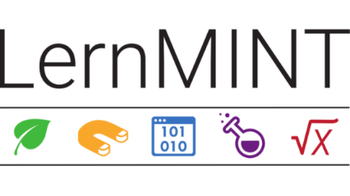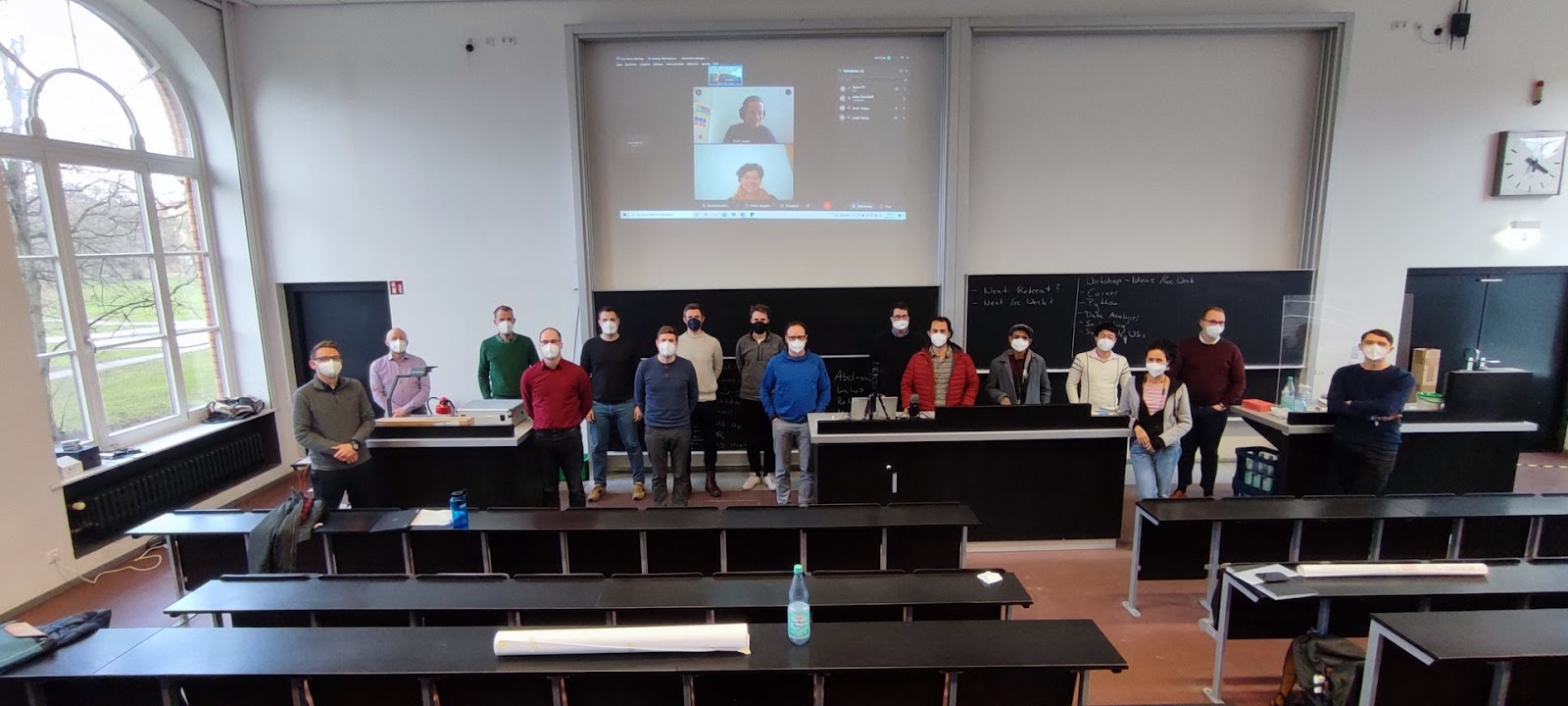LernMINT: Dealing with bias and discrimination in learning analytics models
1. Project details
2. Team
- Prof. Dr. Eirini Ntoutsi
- MSc. Tai Le Quy
3. Project overview
The goal of the PhD training network LernMINT is to provide interdisciplinary training for the doctoral candidates to qualify them as experts in a sub-area of digital education namely data-assisted learning and teaching in STEM (in German: MINT) subjects. In LernMINT, there are five subject areas: (1) Learning analytics methods for STEM teaching, (2) Data-based support of learning potential, (3) Informal learning in schools and universities, (4) Transition from school to university, (5) Data protection and fairness of learning analytics methods.
Data-driven decision making entails the risk of discrimination towards specific individuals or population segments defined upon protected attributes like gender, race etc. The domain of fairness-aware machine learning has recently emerged to address the issues of fairness and discrimination in Machine Learning. In particular, methods have been proposed that focus on understanding bias at the data and/or model results, mitigate bias at different phases of the data analysis pipeline from training data to learning algorithms and model outputs as well as accounting for bias via bias-aware data collection, explaining model results etc.
4. Overview of our contributions
In this project, we will investigate the sources of bias as well as methods for bias detection and mitigation in methods for the learning analytics domain, from traditional classroom data to MOOC data. We will focus in particular on data from the STEM domain, especially Physics.
5. Publications
- Le Quy, T., Friege, G., & Ntoutsi, E. (2023). Multi-fair Capacitated Students-Topics Grouping Problem. The 27th Pacific-Asia Conference on Knowledge Discovery and Data Mining (PAKDD 2023).
- Le Quy, T., Friege, G., & Ntoutsi, E. (2023). A review of clustering models in educational data science towards fairness-aware learning . Educational Data Science: Essentials, Approaches, and Tendencies – Proactive Education based on Empirical Big Data Evidence. Springer.
- Le Quy, T., Nguyen, T. H., Friege, G., & Ntoutsi, E. (2022). Evaluation of group fairness measures in student performance prediction problems . In Proceedings of The 7th Workshop on Data Science for Social Good, held in conjunction with ECML PKDD 2022.
- Le Quy, T., Roy, A., Iosifidis, V., Zhang, W., & Ntoutsi, E. (2022). A survey on datasetsfor fairness-aware machine learning.Wiley Interdisciplinary Reviews: Data Mining and Knowledge Discovery,e1452.https://doi.org/10.1002/widm.1452 (Among top cited and top downloaded articles of the Wires DMKD journal in 2022).
- Le Quy, T., Roy, A., Friege, G., & Ntoutsi, E. (2021). Fair-capacitated clustering. In Proceedings of The 14th International Conference on Educational Data Mining (EDM21) (pp. 407-414).
- Le Quy, T., & Ntoutsi, E. (2021). Towards fair, explainable and actionable clustering for learning analytics . In Proceedings of The 14th International Conference on Educational Data Mining (EDM21) (pp.847-851).
6. Events
- LernMINT retreats 1 (8th February 2022)
For further information please visit the LernMINT website


